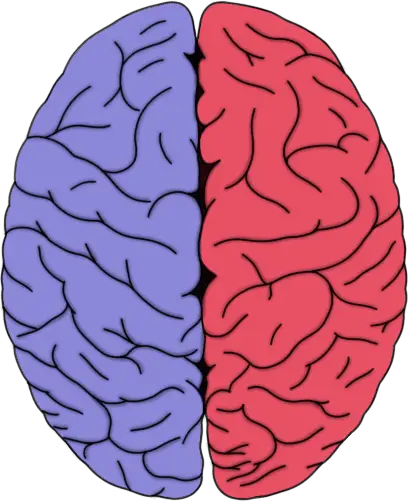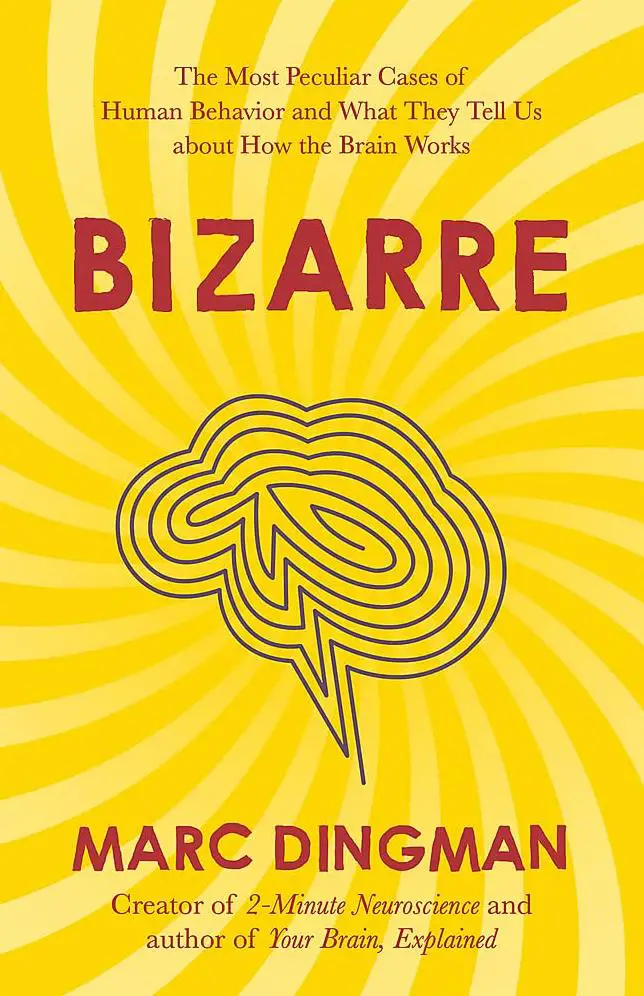Is ketamine really a plausible treatment for depression?

Ketamine
Last week, a publication in the Journal of Psychopharmacology made international news by reporting that patients with treatment-resistant depression (TRD) showed improvement after being given the dissociative hallucinogenic drug ketamine. Ketamine, which is traditionally used as an anesthetic in humans and other animals, is probably better known for its use as a party drug (in this context it is often called "special K"). However, a growing body of evidence has begun to suggest that ketamine may be effective (at least in the short-term) in treating depression.
I'm a bit surprised by the headlines prompted by this recent publication, though, for a number of reasons. The study, conducted by a group of scientists at Oxford, didn't really present any groundbreaking--or extremely convincing--data. The group explored the effects of ketamine infusions over a period of three weeks. Similar protocols of ketamine administration have been tested in the past (with similar results). However, the recently-published study had some shortcomings that make it a bit less convincing than some prior ketamine studies. First, there was no control group. All patients received ketamine and, although 29% of the participants showed improvement (a modest effect but relevant because these patients experienced little benefit from other treatments in the past), there is not a group whom their improvement can be compared to in order to gauge the true effects of the drug. Additionally, this was an open-label study, which means that the investigators and patients all knew that ketamine was being administered. In other words, there was no possibility that a placebo might be given. This could create expectancy effects in the patients and investigators, making the need for a control group all the more important.
The investigators were aware of these shortcomings in the study design; they initiated the study as an exploratory venture. They were interested in knowing how ketamine infusions over a prolonged period affected memory when patients also continued to take other antidepressant medications. So, they were mostly concerned with examining safety and effects on memory (they did not observe any detrimental effects on memory), not with assessing the benefit of the treatment.
But the fact remains that, despite the headlines, this study was not a huge advancement in depression research or even research into the use of ketamine to treat TRD. There is some intrigue (especially in the media) surrounding the use of ketamine as an antidepressant because of its notoriety as a taboo recreational substance. I assume this is why a relatively minor study was reported on in major media outlets across the world.
Ketamine is also an intriguing treatment for depression in the eyes of scientists, but its abuse status has nothing to do with that. It's interesting because ketamine is thought to work as an antagonist at receptors for glutamate called NMDA receptors. Since hypotheses regarding the mechanism of depression have historically focused on monoamines like serotonin, ketamine's unique (although as yet not fully elucidated) mechanism suggests there may be other valid approaches to treating depression.
However, any publicly-available ketamine treatment is at best far off and at worst improbable. 29% (the same percentage that saw a benefit) of the participants in the Oxford experiment withdrew, either due to lack of perceived benefit or adverse reactions. The adverse reactions ranged from anxiety and panic to a vasovagal reaction that caused a "reduced level of consciousness" and lasted for 10 minutes. Two of the patients vomiting during infusions. So, although the reported improvements in a minority of patients are dramatic, there are also significant adverse effects that would make treatment undesirable for other patients. Additionally, very little is known known about the potential long-term effects of ketamine treatment; there are some indications ketamine has the potential to be neurotoxic.
Ketamine may have a role to play in helping us to understand depression. But right now it is very unclear if this drug will ever be of real use in treating patients with TRD on a large scale. So, these media reports about the excitement surrounding ketamine should be taken with a grain of salt.
Diamond, P., Farmery, A., Atkinson, S., Haldar, J., Williams, N., Cowen, P., Geddes, J., & McShane, R. (2014). Ketamine infusions for treatment resistant depression: a series of 28 patients treated weekly or twice weekly in an ECT clinic. Journal of Psychopharmacology. DOI:10.1177/0269881114527361


